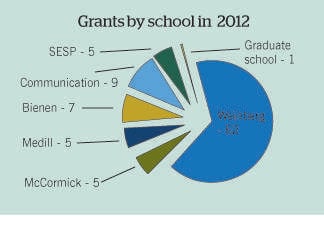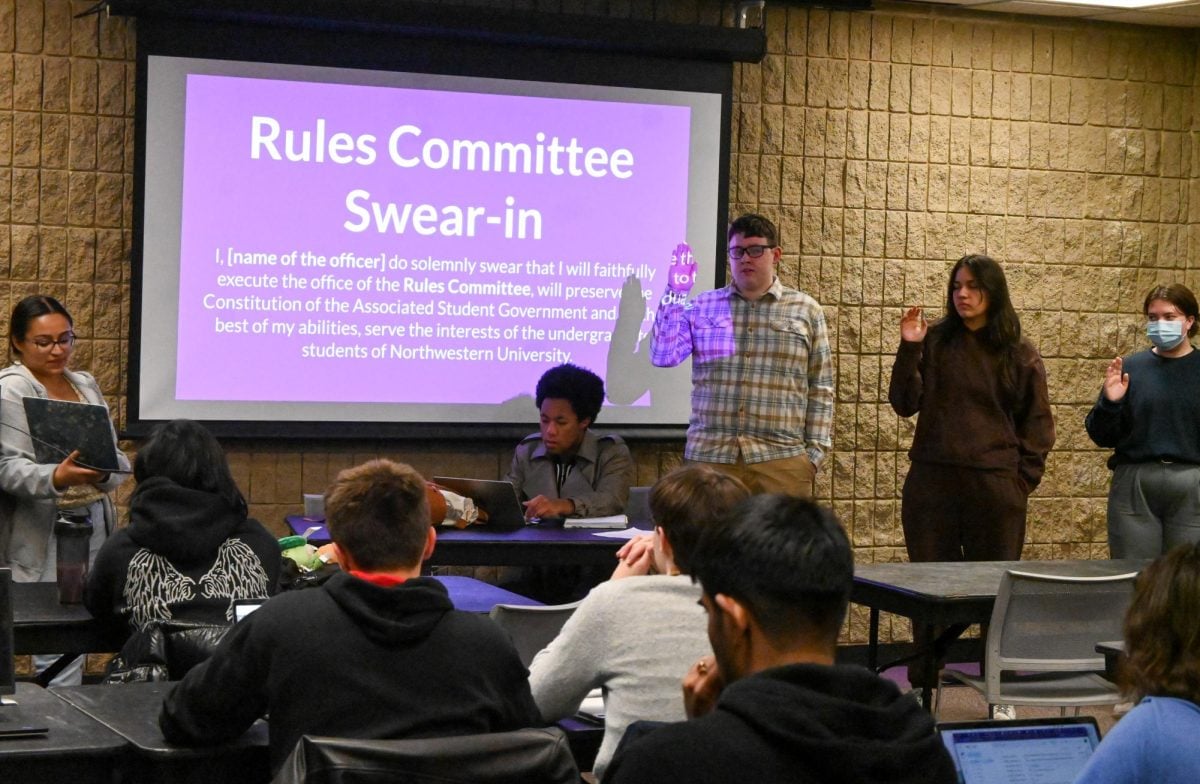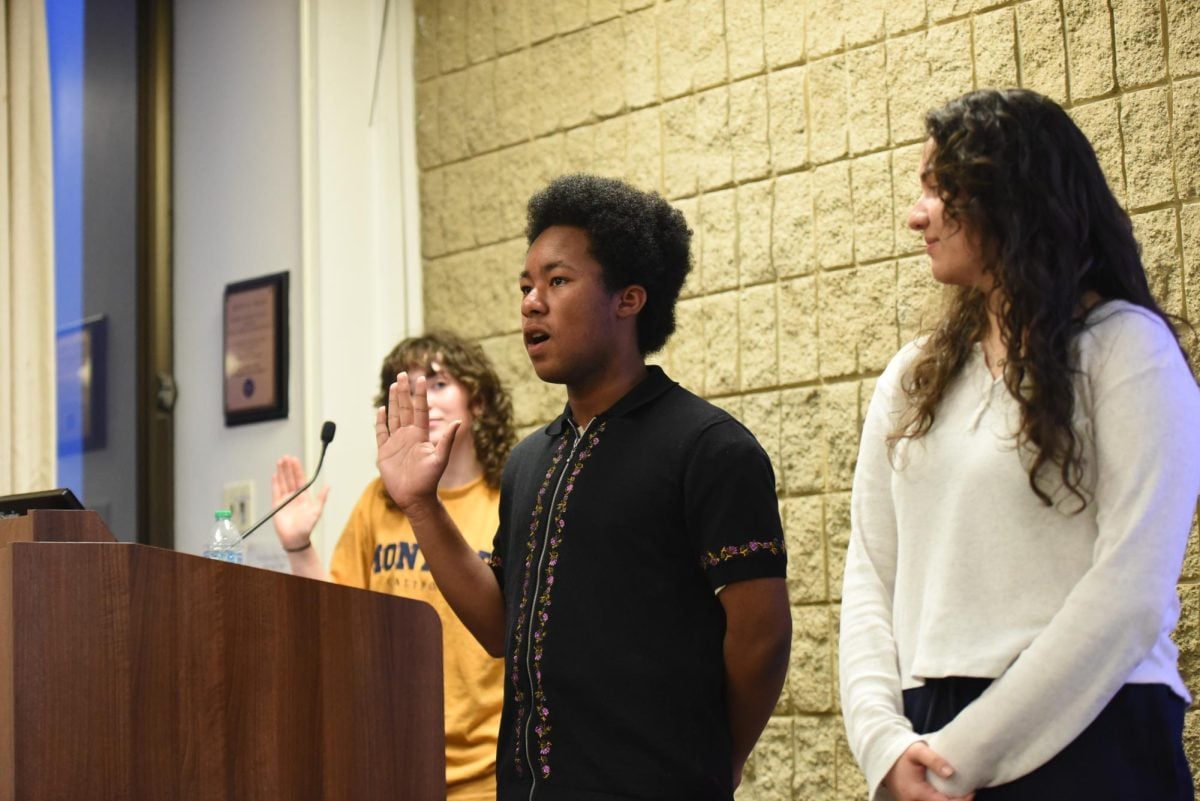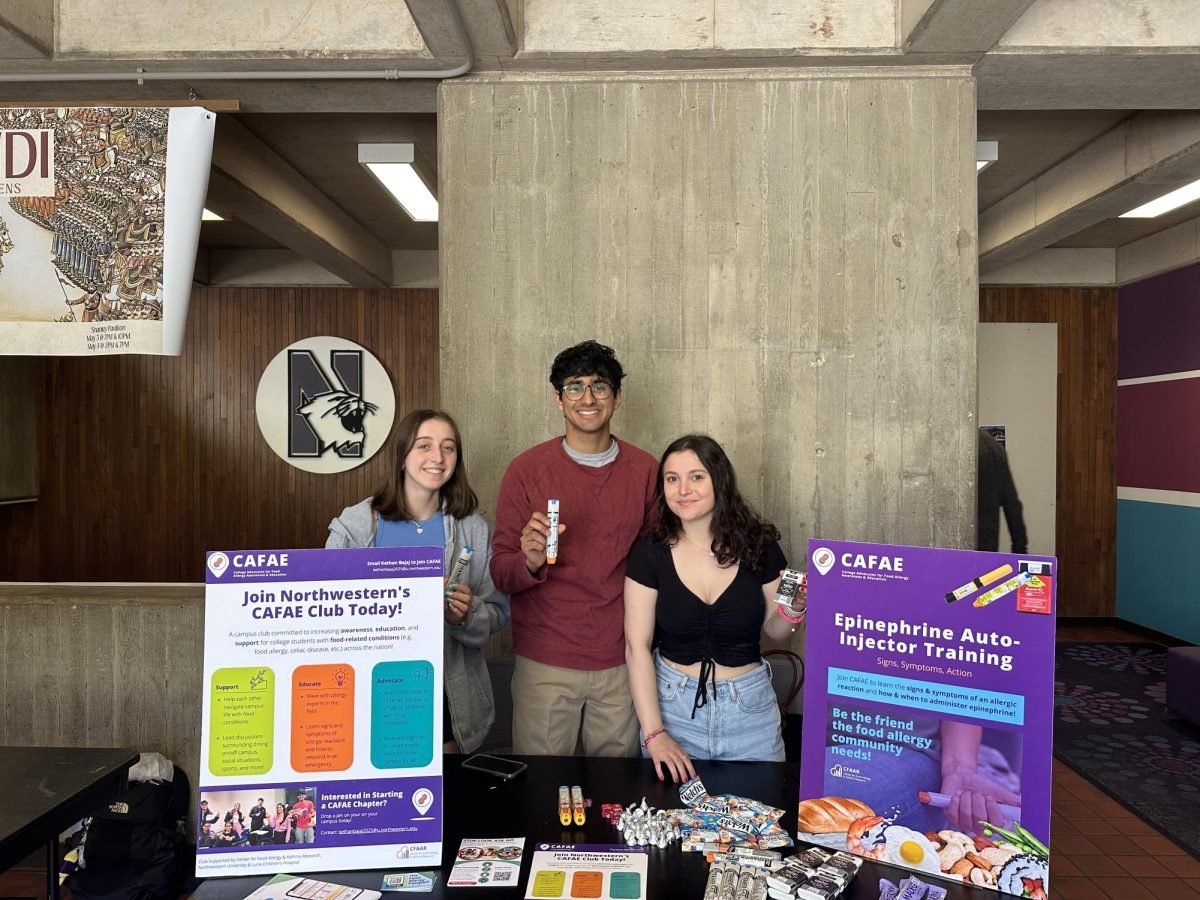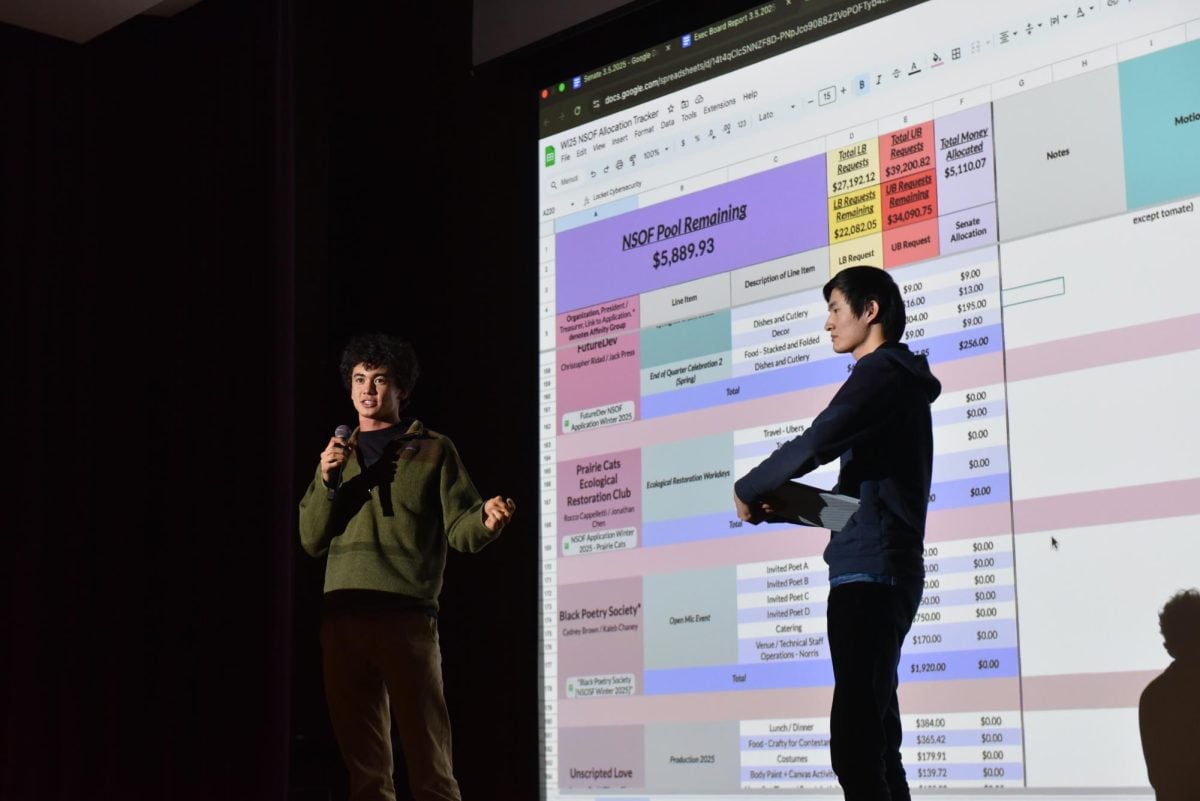In an effort to give students more opportunities to connect with their professors outside of the classroom, Associated Student Government is allowing students to apply for Student-Faculty Interaction Grants for the first time.
In the past, only faculty members could apply for the grants, but ASG found this resulted in applications from professors teaching smaller classes.
“What a lot of this grant was created for was mediating interaction where it does not already happen, which is large classes,” said Sofia Sami, ASG’s academic vice president. “It’s not in the seminar class where your professor knows all of your names already.”
This year, grants have been used to fund events such as ethnic meals for language classes, musical performances for theater classes and a geology field trip for the Integrated Science Program and Earth and Planetary Sciences.
Sami, a Weinberg senior, said ASG has already seen a substantial increase in applications, having given out about 40 grants thus far. For the 2012-13 academic year, 122 grants were given.
The program, launched two years ago, was created by the Undergraduate Budget Priorities Committee. The UBPC ran the grants for the 2011-12 school year and then handed the administering of funds over to ASG last year.
“We don’t really have the resources or man power to execute all of the things we get funding for, so we made the conscious decision to focus very much on our process ,” said Chase Eck, chair of UBPC.
Alex Van Atta, ASG’s executive vice president, said ASG had the structure in place to run the program.
“ASG was the most natural facilitator for that because of having a committee specifically dedicated to academic issues, reach in the student body, the name recognition, all that stuff,” the McCormick senior said.
Currently, the program’s budget sits at $18,000, but Eck said there is always room for growth. Eck said the program offers a number of benefits, ranging from reducing academic stress to supplementing students’ academic experience.
“When you start to see the professor not just as someone who is standing up there and lecturing and grading you, but someone you sort of know better, you feel more comfortable asking them questions, going to office hours and seeing them as a resource and as a support for you during your learning process, which is really what I think professors really are,” the Weinberg senior said.
Eck said the primary benefit of the grants comes from allowing professors to explore topics tangential to their courses with their students.
“Also, the conversations or the events that occur, even though they cannot be required for class, they often have to do with the subject matter,” he said. “So it sparks a lot of discussions that I think augment the educational experience a lot that you can then see how it applies to things outside the general purview of the course — and I think that’s really valuable from a learning perspective.”
Email: tylerpager2017@u.northwestern.edu
Twitter: @tylerpager

